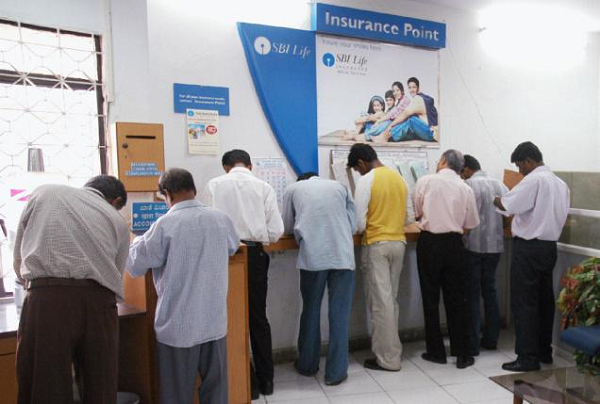
by admin | May 25, 2021 | Banking, Corporate, Corporate Buzz, Corporate finance, Corporate Governance, Economy, News, Politics

Y.V. Reddy
New Delhi : Former Reserve Bank of India Governor Y.V. Reddy on Saturday said the major problem of the Indian banking sector is the burden of investing 25-30 per cent of its deposits in government securities.
“The real problem for the banking sector in India is that 25-30 per cent of its deposits must be invested in government securities. Nowhere in the world is that much of burden put,” said Reddy in an interactive session at the Times Delhi Lit Fest 2017 held here.
“Second, there are other obligations as well. So you have to look at the totality of the system. But as far as few non-performing assets (NPAs) are concerned, NPA becomes a problem when the tax payer has to pay.”
Giving an insight into the problem of NPAs, Reddy explained that NPAs do not mean that the money has been robbed from the bank.
“NPAs do not mean that somebody is stealing the money. If there are NPAs in ICICI Bank, or HDFC Bank, that NPAs losses have to be borne by the shareholders,” he said.
Quoting his autobiography ‘Advice & Dissent: My Life in Public Service’, Reddy said NPAs are a bigger problem due to lack of proper provisions for collecting the lent-out money in the country’s legal system.
“NPAs is a big issue because the lender is not able to collect the money from the borrower. That is the big problem. As I have explained in my book, in India the legal system is such that the borrower repays out of moral compulsion,” Reddy asserted.
“Legally, there is no way in which the bank can collect the money, till recently. But the good thing is that the insolvency code has come. Number of fundamental things have happened (in the banking sector).”
—IANS

by admin | May 25, 2021 | Banking, Business, Large Enterprise, News
 Chennai, (IANS) The multiple downside risks in the proposed consolidation in the Indian public sector banking (PSB) space far outweighs the potential benefits, said global credit rating agency Moody’s Investors Sevice.
Chennai, (IANS) The multiple downside risks in the proposed consolidation in the Indian public sector banking (PSB) space far outweighs the potential benefits, said global credit rating agency Moody’s Investors Sevice.
In a statement issued on Tuesday, Moody’s said the proposal to consolidate the country’s public sector banks (PSBs) creates risks that — in the current weak economic environment — could offset the potential long-term benefits.
“India’s banking system has witnessed an increase in stressed assets since 2012, with the result that no PSB currently has the financial strength to assume a consolidator role without risking its own credit standing post-merger,” Moody’s Vice President and Senior Analyst, Alka Anbarasu said.
“Barring significant government support to boost the banks’ capitalisation, we believe the risks arising from the potential consolidation currently outweigh the potential longer-term benefits,” added Anbarasu.
Moody’s has released a report on Indian banks entitled ‘Banks — India: Consolidation of Public Sector Banks Will Face Challenges Under Current Conditions’.
Referring to Union Finance Minister Arun Jaitley’s budget speech, Moody’s said the consolidation in the Indian PSB space is gaining policy momentum.
Recently, the State Bank of India (SBI) announced its decision to merge six banks with itself-including five of its associate banks.
“From a credit perspective, industry consolidation would strengthen the banks’ bargaining power, help save costs and improve supervision and corporate governance across the banking system,” Moody’s said.
These potential benefits, however, are outweighed by multiple downside risks, the rating agency added.
According to Moody’s, the banks’ weakened metrics since 2012 and weak performance mean that many have difficulties meeting minimum regulatory requirements without regular capital injections from the government.
As a result, few public sector banks have the excess capital required to acquire meaningfully sized peers.
Adding to this financial pressure, all listed PSBs are trading at a significant discount to their book value, limiting their ability to attract external capital to support acquisitions.
“Therefore, Moody’s believes government support will be a crucial driver of the credit outcome of potential mergers, particularly in the form of the equity capital required to shore up capital buffers,” the rating agency said.
As to the challenges in consolidation in the PSB sector Moody’s cited the potential opposition from employee unions, which could hamper merger efforts and drive up costs.
For example, SBI estimates that its merger with the associate banks will cost up to Rs 30 million due to differences in employee pension schemes.
The Indian government’s ultimate aim is to reduce the number of PSBs to about eight to 10 from the current 27.


